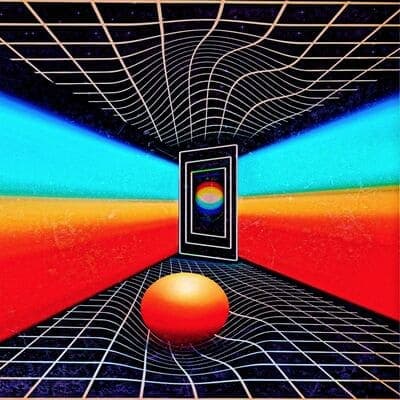
Longevity of a product career
Sharing some reflections on this:
-
Product is not a function with a large hierarchy / multiple levels in the ladder. Managerial responsibility comes in very late in the product career and the spans are typically small (relative to other functions like engineering, sales, operations). This also means a steeper funnel to the top and only a handful VP Product roles in the industry.
-
Product is centered around technology and digital consumer trends, both of which are fast changing. This requires constant unlearning and relearning. But more critically, this also means that previous knowledge/experience hits a plateau on marginal value beyond a basic threshold (where you have developed some essential product semse and skills).
-
Product managers are also much higher-paid vs other functional peers, at comparable years of experience. This means that a PM gets to a very high salary (say, 1+ crore) by the age of 40 (15-20y into their career). Tech functions in non-tech companies (like FMCG, banking) cannot offer that kind of pay, meaning salary growth beyond a point is limited to tech-first companies / limiting addressable market for lateral moves.
All of these considererd, how should PMs think about the longevity of their careers? Unlike traditional roles, this does not seem like a "retire at 60" job. What would be the realistic age one should plan for, at which career growth and salary growth will stagnate? What are ways in which a 80%ile PM can extend their career (eg: also taking up engineering management or P&L responsibility or growth function etc., to increase scope)?
PS: this post is not for the top 5-10% PMs. They will always find roles at VP level etc, this is for the 50-90%ile bucket of PM talent.
One interview, 1000+ job opportunities
Take a 10-min AI interview to qualify for numerous real jobs auto-matched to your profile 🔑
Will commend you on a very well written and well articulated post.
Options for the future will be apparent at ~40. Most peak roles will be achieved between 45-50.
Possible exits:
- Running Category roles at companies which have a broad canvas, multiple product categories.
- Deputing for and eventually running a P&L or a LoB.
- Sales or more critically Customer Success. Don't shy away from revenue responsibilities.
Engineering is a sharp left turn imo. It's not an overlapping skillset at best and don't see how that is part of a PMs likely roadmap.

But, how will someone who had never worked in P&L or Marketting switch from PM?

Take a -1 role first. Don't always have to scale up.

Do you think a career as a software engineer is better than a career in product?

From a career perspective, definitely yes.

But what about longeitivity? I do believe a career as a product manager will be longer than pure software engineer What do you think?

As a field there is lesser space in top roles for Product Managers compared to Engineers.
Roughly 10 engineers for every PM.
So for every 50 engineers, there would be 5 EMs, 2 Directors and 1 VP one CTO. And there would be 5 PMs (Some of them SPMs), 1 Director / CPO only.
This scales up to proportional numbers in larger orgs and the total number of PM roles at the top in the industry are very few.

But how do you scale up from the “50 Engineer Level” given that your impact is completely individual - Doesn’t it become difficult as you get more senior?

Very very well written I think PMs should realize that after a point (once you stick around till Dir or VP), it may take several years of you being in the same company or switching between companies, before your next jump
This typically is the reason PM salaries jump very quickly early on, but do plateau at a certain YoE
All considered, definitely much better paid than managers in other functions

I have zero knowledge but throwing my 1 cent ..why not switch to marketing ...at later stages

Moving between roles, that too vertically, will require a MBA, that too brand one. Difficult otherwise, very difficult

I don’t have answers but this is an excellent perspective.

I see you are from Swiggy. I wonder if you every considered asking this question to your VP of product? Both current and Ex.

Thanks you for this excellent write up
One question - at your current juncture, where do you see yourself going next after a senior role as a PM? What are next steps on the ladder
I’m still a Product aspirant, but asking to understand what trajectory could look like if I actually made it

Adding P&L responsibility is definitely the best way to get there. Product function combined with good product marketing sense in software first companies - would make your stand out. In consumer tech companies - product is anyways given a lot of say.

I have been grappling with this question, and honestly, I also feel that the problem is not only limited to the Product, it is applicable to design, front-end engineering, mobile dev, and DevOps also. Backend is a little safer as these folks move the CTO ladder, and given every company is a digital company now, they will have better opportunities than the rest.
I don't see any other viable path than entrepreneurship or starting your own service business, given you want to amp up your pay and don't want to have these anxieties on daily basis. Happy to chat and brainstorm